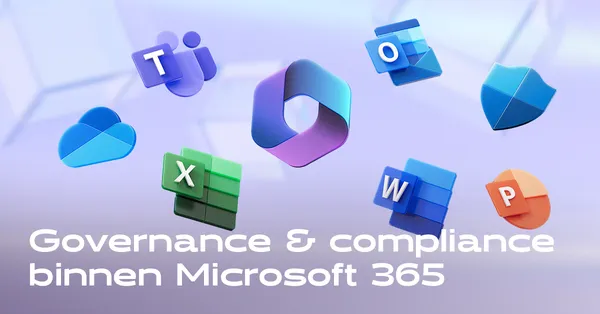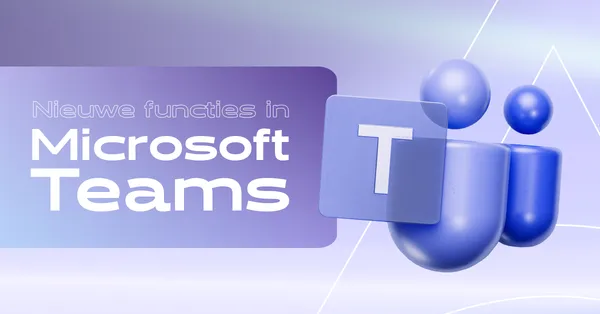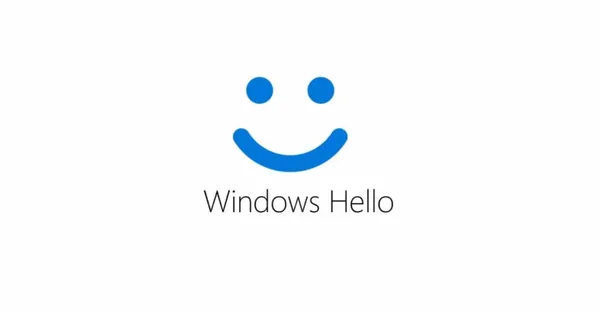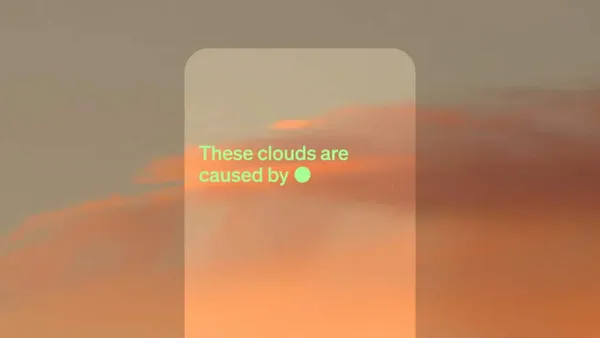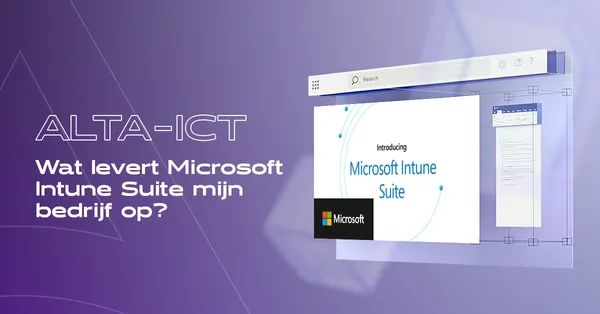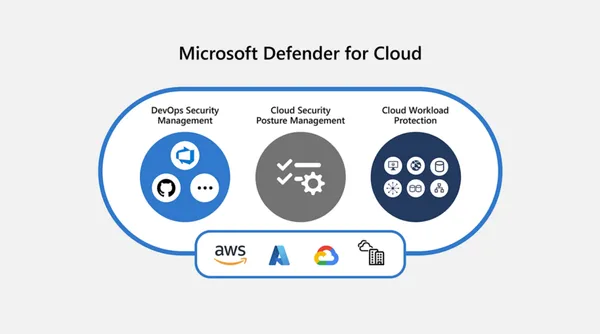
Knowledge base
August 24, 2023
Microsoft Teams introduces DLP feature to protect data
At a time when companies are increasingly relying on applications for working from home, data security and data loss are becoming critical concerns. Microsoft Teams recently extended its Data Loss Prevention (DLP) feature to chat and channel messages. Designed for users licensed for Office 365 Advanced Compliance, this extension adds an additional layer of protection for corporate data.
SO WORKS
For organizations with DLP, policies can now be created that prevent the sharing of sensitive information in Microsoft Teams chat or channel. Here are some practical examples.
Protection of Sensitive Information in Messages
Imagine someone trying to share sensitive information in a Teams chat or channel with guests (remote users). If a DLP policy is in place to prevent this, messages with sensitive information sent to external users are automatically deleted. This process is almost instantaneous, depending on how the DLP policy is set.
In addition, DLP for Microsoft Teams blocks sensitive content when shared with Microsoft Teams users who have guest access in teams and channels or external access in meetings and chats.
Protection of Sensitive Information in Documents
When a user attempts to share a document containing sensitive information with guests in a Microsoft Teams chat or channel, and the document contains sensitive information, that document will not be accessible to those guests. This is only the case if your DLP policy includes SharePoint and OneDrive for necessary protection. (As an example, DLP for SharePoint becomes visible in Microsoft Teams and thus requires users to be licensed for Office 365 DLP, part of Office 365 E3, but they do not need to be licensed for Office 365 Advanced Compliance.)
Policy Tips for User Education
The goal is not only to block user errors, but also to educate them about the impact of their actions on corporate data. Just as DLP works in Exchange, Outlook, SharePoint Online, OneDrive for Business sites and Office desktop clients, policy tips appear when an action violates a DLP policy.
Want to know more?
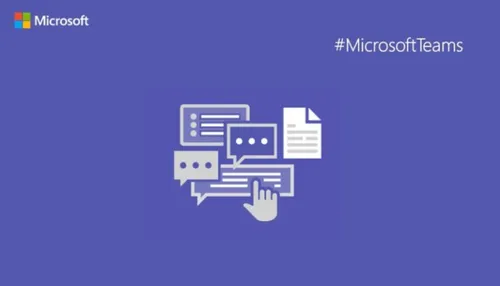
Related
blogs
Tech Updates: Microsoft 365, Azure, Cybersecurity & AI – Weekly in Your Mailbox.


